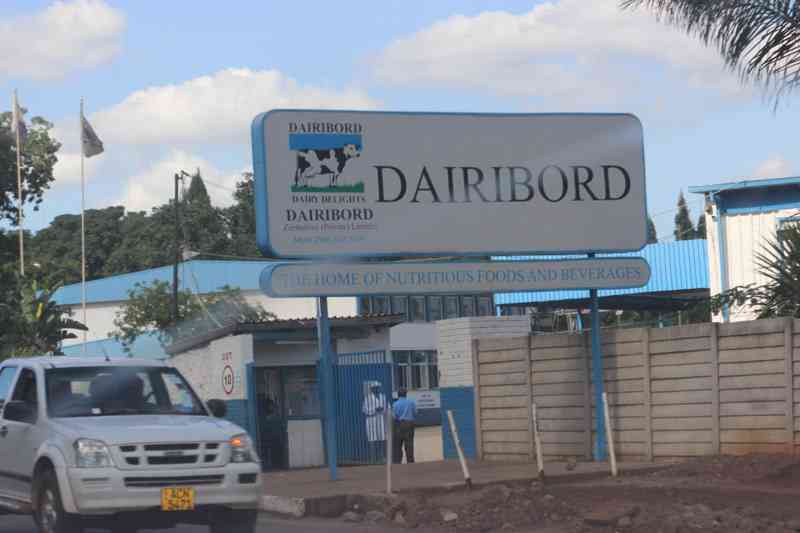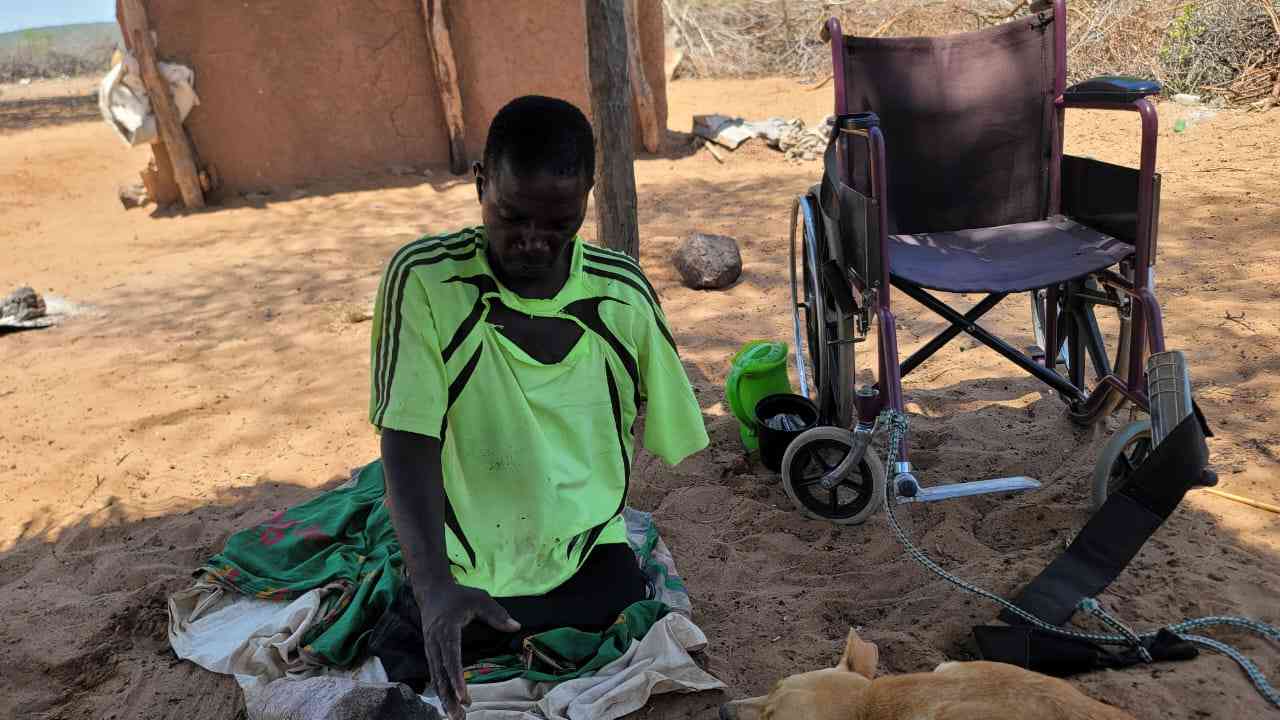
MILK processor Dairibord Holdings Limited (DHL), anticipates an increase in operational costs as a result of the inconsistent availability of clean water and energy.
The first quarter of the year saw a “challenging” operating environment, according to a trading statement from DHL.
This is due to the fact that finding clean, high-quality water was difficult during the review period because the Harare City Council is still having trouble finding the right chemicals to purify its raw water. This has forced such businesses as Dairibord to incur high costs in purifying the water to the high standards they require.
In addition, everyday power outages lasting several hours are forcing manufacturers to use generators, which are chewing into their revenues.
“The operating environment remains challenging and globally, economic growth will be slow due to the overhang of the COVID-19 pandemic, increased interest rates, and the effects of disruption to global supply chains,” DHL acting secretary Maurice Karimupfumbi said in the trading update.
“Erratic supply and high cost of quality water and electricity are expected to persist, increasing the cost of production and disrupting operations. Management will continue to engage in strategic partnerships and explore initiatives for alternative energy models and efficient production methods.”
Added to the electricity and water challenges, DHL reported that the operating environment was also affected by the tight monetary policy, shortages of foreign currency and depreciating local currency.
“In February and March 2023, the Reserve Bank of Zimbabwe reduced the lending rates from the previous 200% to 150% and 140% respectively. Despite the reduction, inflation on the ZWL continued to soar putting pressure on business performance,” Karimupfumbi said.
- Young entrepreneur dreams big
- Chibuku NeShamwari holds onto ethos of culture
- LSU students win innovation prize
- Harare cancels Pomona waste deal
Keep Reading
While the firm experienced a challenging environment, investments to increase capacity led to a 14% increase in sales volumes compared to the comparative 2021 period.
“Foods contracted by 8%, Milks grew by 7% and Beverages grew by 20%. Volumes sold in US$ increased by 68% to 15,3 million litres and accounted for 58% of the total sales up from 39% in the same quarter last year,” Karimupfumbi said.
National raw milk production increased by 5% compared to the previous year, while milk received by processors increased by 8% to a total of 20,74 million litres, as reported by the Dairy Services Unit of the Department of the Veterinary Services of Zimbabwe.
The amount of raw milk the company processed during the quarter, at 6,86 million litres, was 7% higher than the comparative 2021 period, and it made up 33% of the milk received by processors.
The sales of liquid milks increased as a direct result of this development, DHL reported.
“Management will optimize the newly installed capacity for volume growth in 2023 and will continue to seek value-adding opportunities,” Karimupfumbi said.
“We will leverage initiatives in raw milk production growth, our diversified product portfolio, effective pricing models, and route-to market strategies for sustained growth. Cost containment and cost reduction through improved productivity and efficiencies are also key focus areas to improve profitability.”










